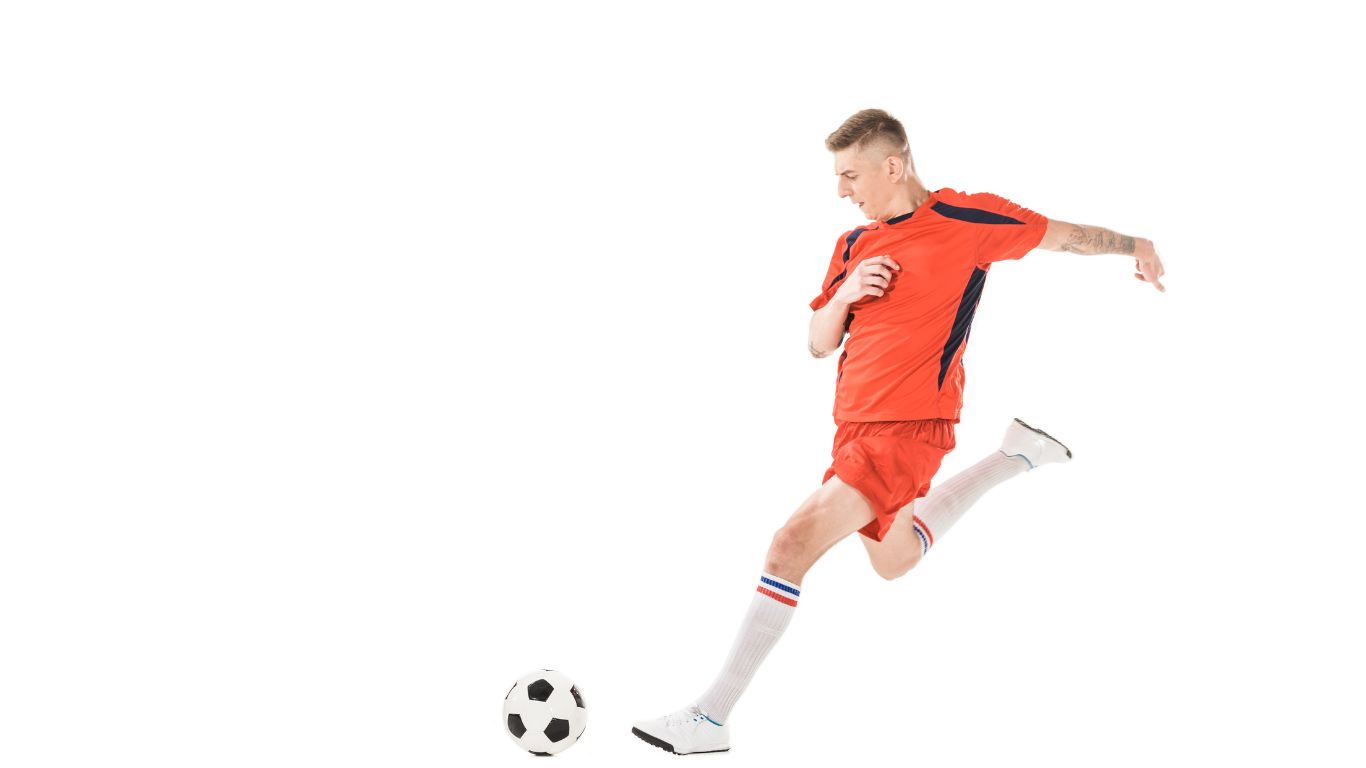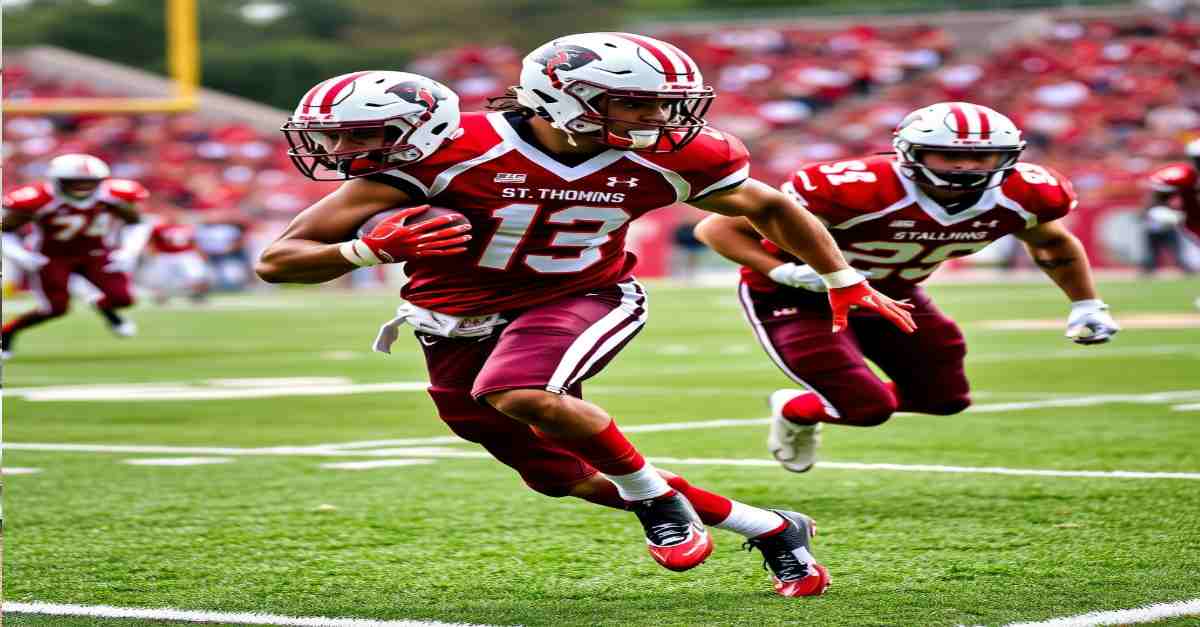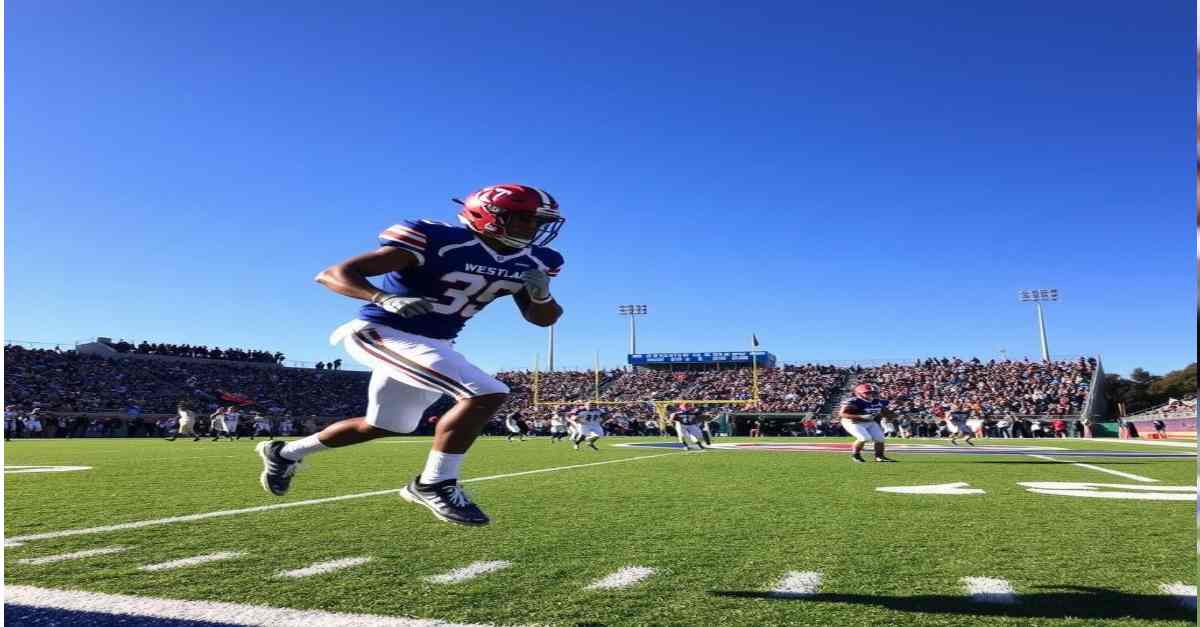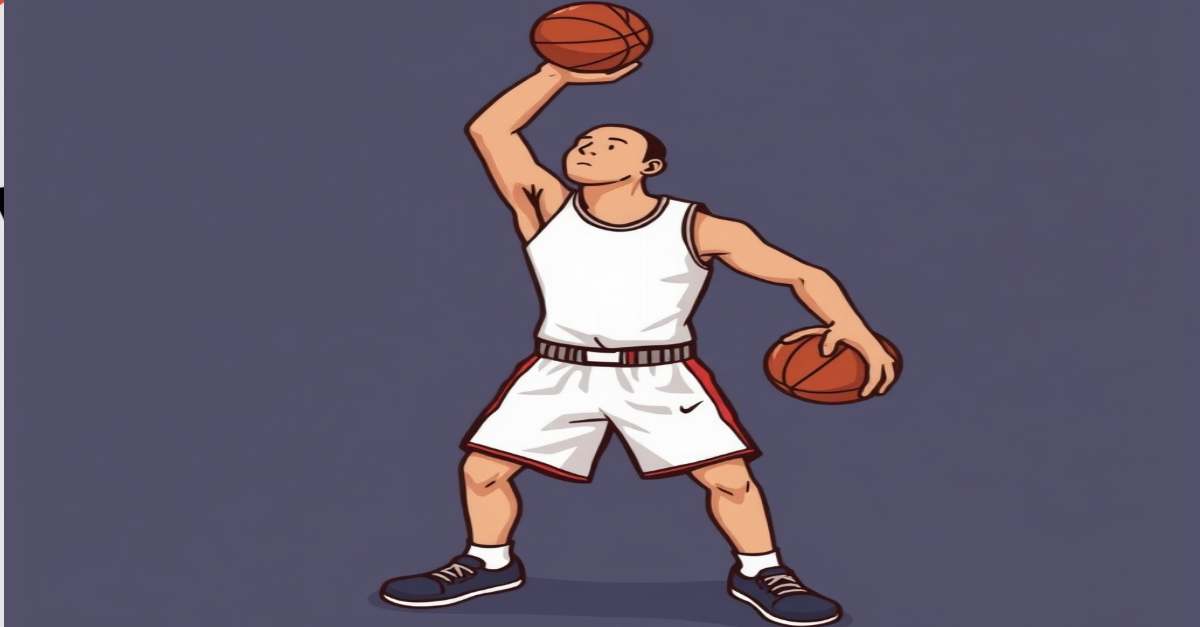Football is a sport filled with specialized positions, each contributing uniquely. The punter and the kicker are critical roles within the special teams unit. While they both kick the ball, their responsibilities, techniques, and impacts on the game are distinct. Let’s explore these differences.
Definition of a Punter
A punter is a player on the special teams unit responsible for punting the ball to the opposing Team on fourth down. The primary objective is to kick the ball as far downfield as possible, forcing the opposing Team to start their offensive drive deep within their territory. This positioning can significantly impact the opponent’s strategy and performance.
Role and Responsibilities:
- Punt the ball on fourth down.
- Aim to maximize distance and control the placement of the ball.
- Execute directional punts to specific areas of the field.
- Achieve optimal hang time for the punt coverage Team to limit the return.
Definition of a Kicker
A kicker, also part of the special teams unit, is responsible for kicking field goals, extra points, and kickoffs. The kicker’s primary roles include scoring points by kicking the ball through the uprights during field goal attempts, adding additional points after touchdowns, and initiating play at the beginning of each half or following a score.
Role and Responsibilities:
- Kick field goals to score 3 points.
- Kick extra points following touchdowns to add 1 or 2 points.
- Initiate play with kickoffs at the start of each half and after scoring plays.
Key Skills Required
Punter:
- Leg Strength: To achieve maximum distance on punts.
- Precision and Control: For directional punting to specific areas of the field.
- Hang Time: To allow the punt coverage Team to position themselves effectively.
- Decision-Making: To determine when and how to punt based on field position and game context.
Kicker:
- Accuracy: Essential for scoring points through field goals and extra points.
- Consistency: This is particularly important for kickoffs to reduce the likelihood of a return.
- Mental Resilience: To maintain focus and perform under high-pressure situations.
Situational Usage in Games
Punter:
- It is typically used on fourth down when the Team is too far from the goal line to attempt a field goal.
- It aims to punt the ball deep into the opponent’s territory to minimize their starting field position.
Kicker:
- Utilized for field goals when close enough to the goal line to attempt a kick for 3 points.
- Responsible for extra points following a touchdown.
- Initiates play with kickoffs at the start of each half and after scoring drives.
Differences in Technique
Punter:
- Punts the ball by dropping it from their hands and kicking it before it hits the ground.
- Focuses on achieving both distance and hang time.
- Often employs directional punting and aiming for “coffin corners” to pin the opposing Team deep.
Kicker:
- Kicks from a tee during kickoffs and field goals, providing a stable base for accuracy.
- Uses a specific kicking technique to achieve clean, controlled contact with the ball.
- It focuses on trajectory and accuracy to ensure the ball goes through the uprights or deep into the opponent’s territory.
Impact on Game Strategy
Punter:
- It influences field position and can shift the game’s momentum by forcing the opponent to start their drive further back.
- Effective punting can contribute to a defensive strategy by making it harder for the opponent to score.
Kicker:
- Directly impacts the scoreboard by adding points through field goals and extra points.
- Booming kickoffs and accurate field goal attempts can change the game’s pace and momentum.
FAQs
Q: What is the main difference between a punter and a kicker?
A: The main difference lies in their specific roles and responsibilities. A punter primarily punishes the ball on fourth down to maximize the opposing Team’s field position. At the same time, a kicker is responsible for scoring points through field goals, extra points, and kickoffs.
Q: Can a punter also be a kicker?
A: Yes, some players may serve dual roles as punters and kickers, especially at lower levels of play. However, at higher levels, the specialization allows players to focus on refining their skills in one position.
Q: How important is leg strength for each position?
A: Leg strength is crucial for both positions but serves different purposes. It is critical for punters to achieve maximum distance on punts, while kickers need strength for powerful kickoffs and long-field goals.
Q: What factors influence a punter’s choice of punt type?
A: A punter’s choice may depend on game situations, field position, wind conditions, and the strategy they wish to implement, such as aiming for a specific area of the field or managing hang time.
Q: How do kickers prepare for high-pressure situations?
A: Kickers often engage in mental training, build routines to focus their minds, and practice under simulated pressure during training to enhance their confidence and consistency during crucial game moments.
Conclusion
While both the punter and the kicker are vital members of the special teams unit, their roles, techniques, and impacts on the game differ significantly. Punters focus on field position and limiting the opponent’s starting territory, while kickers are primarily concerned with scoring points and initiating play. Both require unique skill sets and play crucial roles in their Team’s overall strategy and success.










